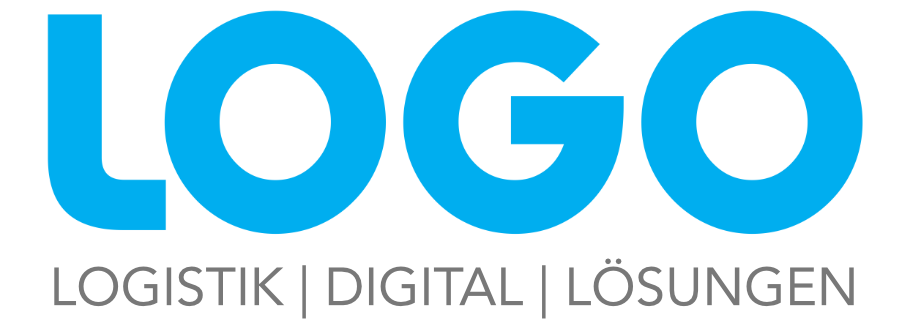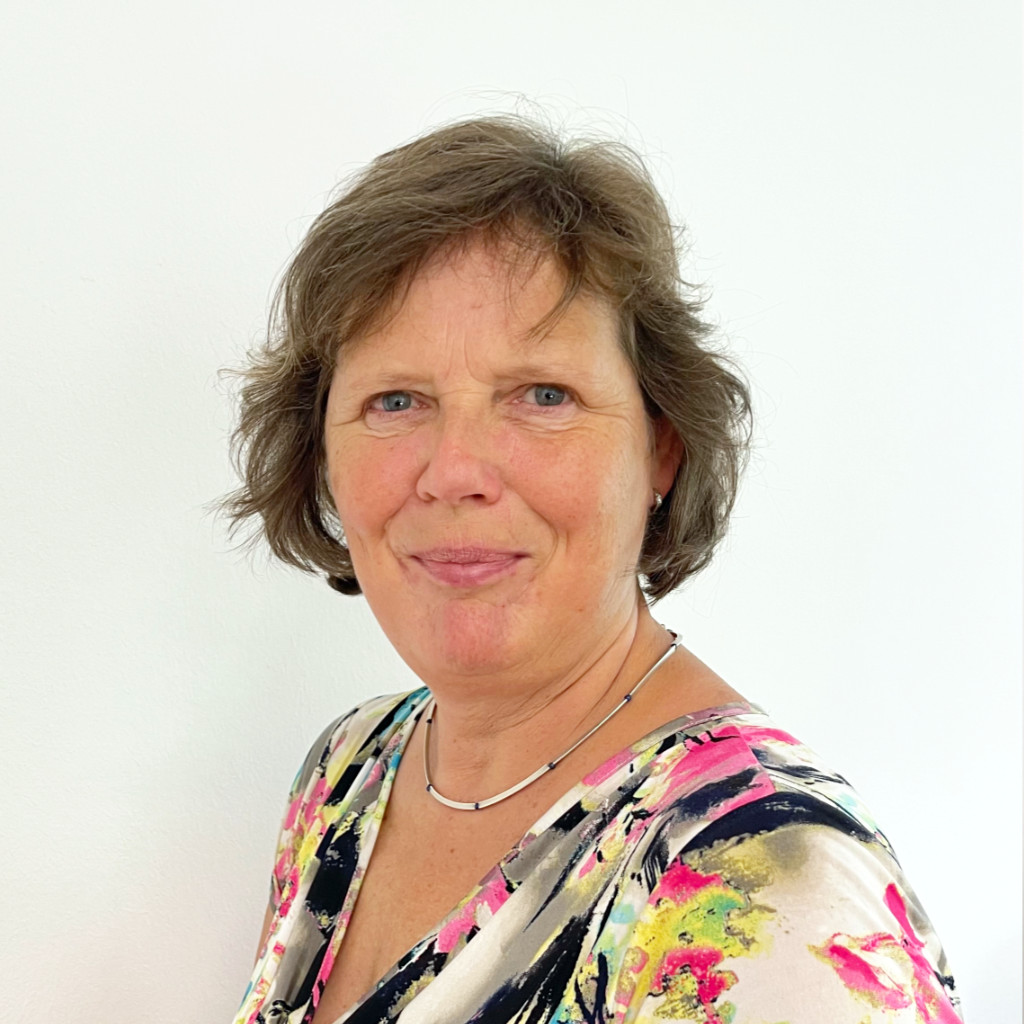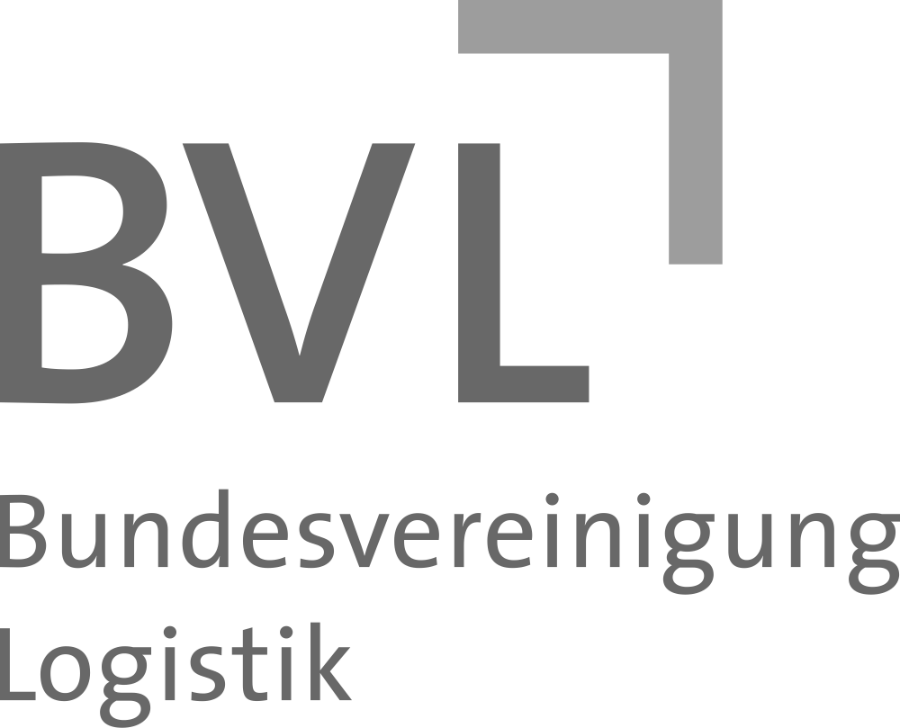Customers are usually very well informed and already know a lot about your company when the first conversation takes place.
The whole sales process, today often referred to as the customer journey, has changed a lot in almost all industries. The buyer or the manager who is interested in a product or service first does research on the Internet.
All the information that can be found there hardly needs to be presented again in the sales process. The buyer wants to save time, the managing director wants to discuss compactly the service that is perfectly tailored to her requirements. These people are rather less interested in a nice chat and quickly recognize when the counterpart cannot provide them with any additional information.
Rethinking sales from networker to consultant
The typical salesperson of the past had very good communication skills and a large network. He was a welcome guest at events, trade fairs and customer visits and memorized many details about his business partners. This meant that he was always able to broach the appropriate topics of conversation and deepen the contact.
But that’s no longer how selling works, especially when it comes to complex services that need to be explained. Sales staff are expected to have a great deal of advisory skills, so that today it is mainly experts who do these jobs.
This brings with it a rethinking of sales. Experienced salespeople and sales novices are now learning strategies for “value selling” or “consultative selling”.
The customer and his real needs are put in the center. The focus of sales talks is not on one’s own service or product, but on how it can add value for the customer.
If it saves time, is fun or even enables financial savings, it can be sold.
This is what Steven van Belleghem said at the German CRM Forum in his keynote address “The offer you can’t refuse”.
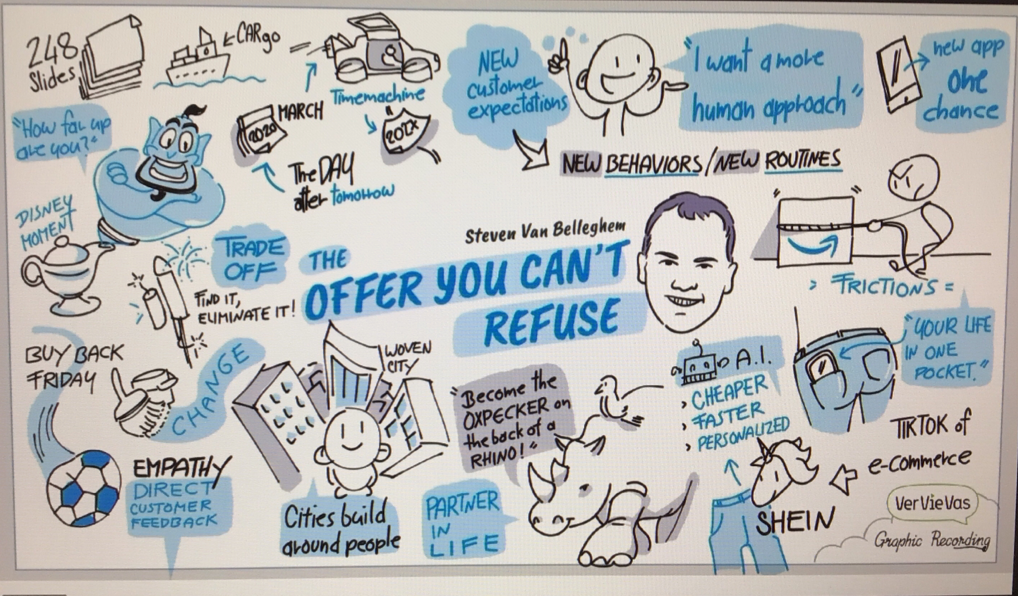
If you can convince your counterpart that his life will be better if his company cooperates with yours, you already have good cards. In many cases, the price factor is not so important.
What is important is: How will your counterpart himself benefit from your offer in his everyday life and in achieving his goals.
It is the salesperson’s task to work out exactly which factors are relevant for the respective counterpart.
Detailed knowledge of the requirements, concerns and needs of each contact person is required for this. And this is where the experienced employees from customer support, sales and operations come in, because they are often particularly close and frequently in direct contact.
Storing information about all stakeholders in a structured way and finding it quickly
Until a purchase decision is made, a group of people from the buyer company is often involved, the so-called “buying center”.
The data in the CRM is well structured so that the function AND the role of each person involved can be retrieved. Who is the decision maker, who is the influencer, who is more likely to block (and why?).
Who last spoke to him or her about what, and when?
In this way, the right person can be approached on the right topics, significantly increasing the hit rate.
Sales enablement through customer data platform and CRM
You read a lot about “sales enablement” and what knowledge and skills salespeople need. Certainly, sales training and good sales documents help here.
But nowadays the sales team also needs data. Well-structured data is the best basis for customer discussions and working out the actual customer needs.
To do this, salespeople need a CRM in which they can store information about which topics have already been discussed and in which services there is interest, without much effort and with just a few clicks. Potentials with information about lines of business, industry, products, start dates, quantities per customer are crucial for this. Cross-selling can also work in this way, if employees in one area store information on the same customer that can be viewed by employees in the other area.
In logistics, a customer may have been involved in air freight for a long time, but now he is also interested in rail transport in order to influence his CO2 values favorably.
With this knowledge, a sales conversation will become a consultation from the very beginning and will show the customer the added value of your services.
In the case of existing customers, operational data is important: what business do we already do with this customer, how has it developed over the last few months. In logistics: Which routes and which types of transport does the customer use with us and what does the competition still have?
If the sales staff also have access to data from the accounting department, such as creditworthiness, credit limit, total open items, even better decisions can be made.
Publicly available company data from online sources further rounds out the picture, especially for target customers.
In many companies, the CRM forms the customer data platform, because this is where information from many data sources converges and can be accessed in one place.
Providing the right tools for employees: A central management task
Management sets the goals for sales teams to achieve. And it’s their job to provide tools to achieve those goals as efficiently as possible.
A CRM must offer the possibilities to accompany and map the entire process with all relevant information throughout.
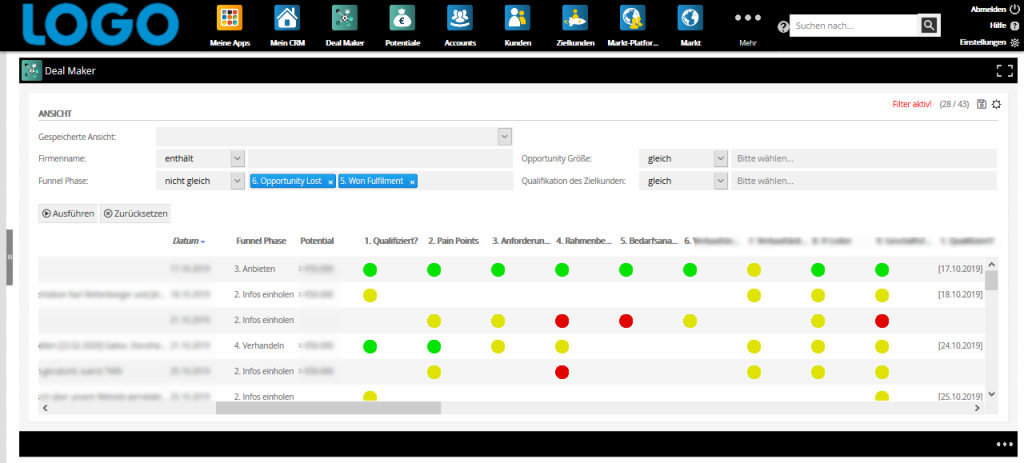
It is particularly important that data maintenance does not take up too much time and that all information can be found quickly.
Mobile use is already a matter of course here and the visualization of data is also part of the standard.
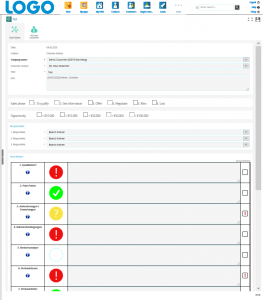
Checklists with colored traffic light points provide a very quick and simple overview, even if the data behind them is very complex. There is no need to read through several call reports; instead, the current status and the necessary activities can be found in one place in the system. In this way, every sales employee can quickly decide which potential is promising and where to start in order to close the deal.
Dasboards with operational and sales information provide a quick overview
Comprehensive data about each customer, integration of publicly available company information and a well-structured sales process provide the best foundation for your business success with a motivated sales team.
